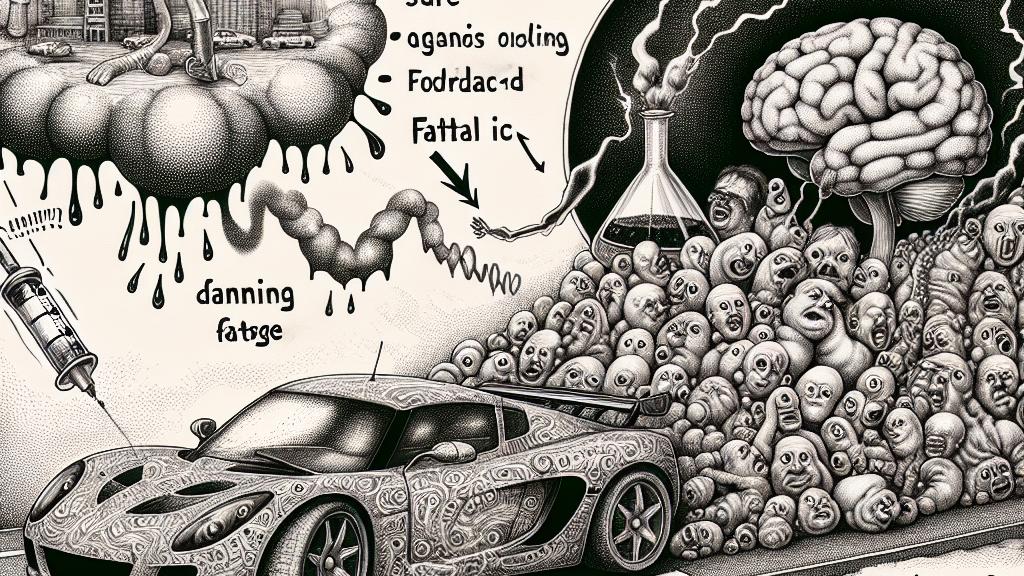Exploring the Link Between Overeating and Diabetes
Overview
- Overeating triggers neurotransmitter surges, posing a serious diabetes risk.
- Obesity magnifies this risk through insulin dysfunction and chronic inflammation.
- High-fat diets are significant contributors to the emergence of various metabolic diseases.

The Role of Neuropeptides in Overeating
Recent pioneering studies conducted in Austria have revealed a striking reality: overeating, especially on a high-fat diet, significantly impacts neurotransmitter levels. When we indulge excessively, neurotransmitters surge, prompting the liver to release damaging fatty acids into the bloodstream. Think of it this way—a sports car hitting the gas pedal too hard can lose control. This shift in understanding highlights the need to address the role of neurotransmitters, shifting the focus away from merely blaming insulin resistance. For instance, consider dopamine, which spikes during moments of indulgence. This surge not only increases pleasure but also confuses our brain's signals, making it difficult to identify true hunger, thus ensnaring us in a cycle of overeating.
Obesity and Insulin Resistance: The Unseen Connection
The global obesity epidemic poses a monumental challenge, with millions facing severe health consequences, particularly diabetes. Strikingly, research indicates that obese individuals are ten times more likely to develop diabetes compared to their lean counterparts. Traditionally, we blamed insulin dysfunction for this crisis, yet new findings suggest that neurotransmitters play a pivotal role. Visualize this: when neurotransmitters become overactive, they can overshadow insulin's attempts to regulate blood sugar levels. This imbalance creates an environment where insulin resistance thrives. Therefore, it’s crucial to address both the obesity epidemic and the intricate biochemical dynamics at play, as their interplay can lead to serious health complications that extend well beyond just weight.
High-Fat Diets: The Hidden Dangers Within
Exploring our dietary choices reveals alarming truths about the impact of high-fat diets. These diets not only contribute to excessive weight gain but also pose significant risks to cognitive function and overall health. Each bite of rich, greasy foods initiates a concerning chain reaction, paving the way for insulin resistance and fatty liver disease, to name a few. To illustrate, think about the last time you gorged on fast food or sugary snacks—sure, it was tasty in the moment, but at what cost? Our brains, accustomed to these indulgences, can begin to decline in function over time. It is high time we reassess our eating habits, weigh our options, and consider the long-lasting impacts of frequent unhealthy choices. By prioritizing whole foods and moderate eating, we can embark on a journey toward better metabolic health and vitality. This is not merely a diet change; it's a lifestyle transformation we all must commit to!

Loading...